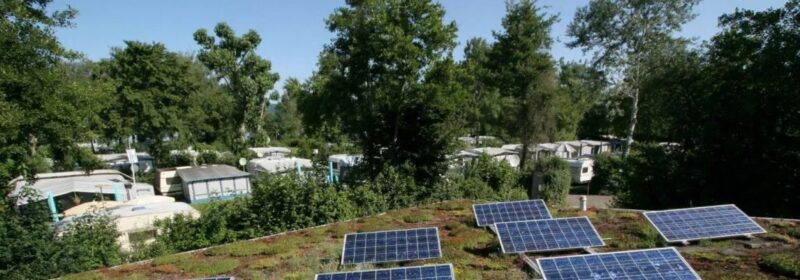
The sustainability trend of the century – from the Club of Rome’s “limits to growth” to the megatrend of 2040
“The Limits to Growth – Report of the Club of Rome on the State of Humanity” was the name given by the scientists of the Club of Rome think tank to their report presented 50 years ago. As early as 1972, the scientists warned against unchecked growth and called for more sustainable economic activity. The basis of the report was to use elaborate computer simulations to examine how the five megatrends of industrialization, population growth, malnutrition, non-renewable resources and environmental degradation develop and influence each other. Even if many people and governments did not take the report seriously enough at the time – the Club of Rome created a decisive basis for political, social and economic efforts to achieve greater sustainability.
In the coming decades, sustainability, nature conservation and climate protection will become even more important
In its megatrend framework, a study by the OECD sees sustainable growth as a trend that will shape the tourism industry – until at least 2030/2040. The Frankfurt Future Institute sees the megatrend as neo-ecology – toward an intelligent, sustainable economy (green tech), value-oriented companies and a fairer economy and society. This is also likely to change the demand behavior of many consumers. ADAC Camping also sees sustainability as one of the metatrends of the camping industry in 2022, pointing to increasing guest search queries on this main topic. A metatrend is a long-lasting, universal trend that in turn shapes numerous other developments and trends.
More and more European campsites are focusing on future-oriented management
Efforts range from consistent waste avoidance or separation to more species protection on the campsite, more enjoyment of nature for camping guests, sustainable use and generation of energy, and complete climate neutrality. Initiatives such as ECOCAMPING continue to experience strong growth and are increasing their efforts to support campsites on this path. In many parts of Europe, the paths to greater sustainability are being promoted or required by law. Given the alarming warning from the Intergovernmental Panel on Climate Change that “time is running out” in the fight against climate change, as well as the already visible consequences and immense costs, this momentum will continue to grow.
More sustainable, better quality and more economically successful
The even more sustainable management of camping companies should go hand in hand with high guest satisfaction, service quality and economic advantages for the operators. One economic advantage, for example, can be that costs are saved if, in view of exploding gas and electricity prices, self-generated energy is increasingly used. Sustainable mobility concepts for campsite operators and guests as well as the adaptation of campsites to dramatically advancing effects of climate change also play a major role.
Camping customers are increasingly paying attention to sustainability when selecting and booking campsites
This is shown by a recent study on environmental protection and vacation behavior. Hamilkar Constantin Oueslati interviewed 193 camping holidaymakers as part of his environmental psychology bachelor thesis, which was supported by ECOCAMPING. The results of the study show that both the environmental friendliness and the nature-oriented design of a campsite are particularly important to the respondents.
Strong preferences for sustainably managed campsites
74% of respondents agreed with the statement “When choosing a campground, the environmental friendliness of the campground is very important to me.” completely or mostly agreed. As many as 86% of respondents fully or largely agreed with the statement “When choosing a campground, the campground’s nature-friendly design is very important to me.”